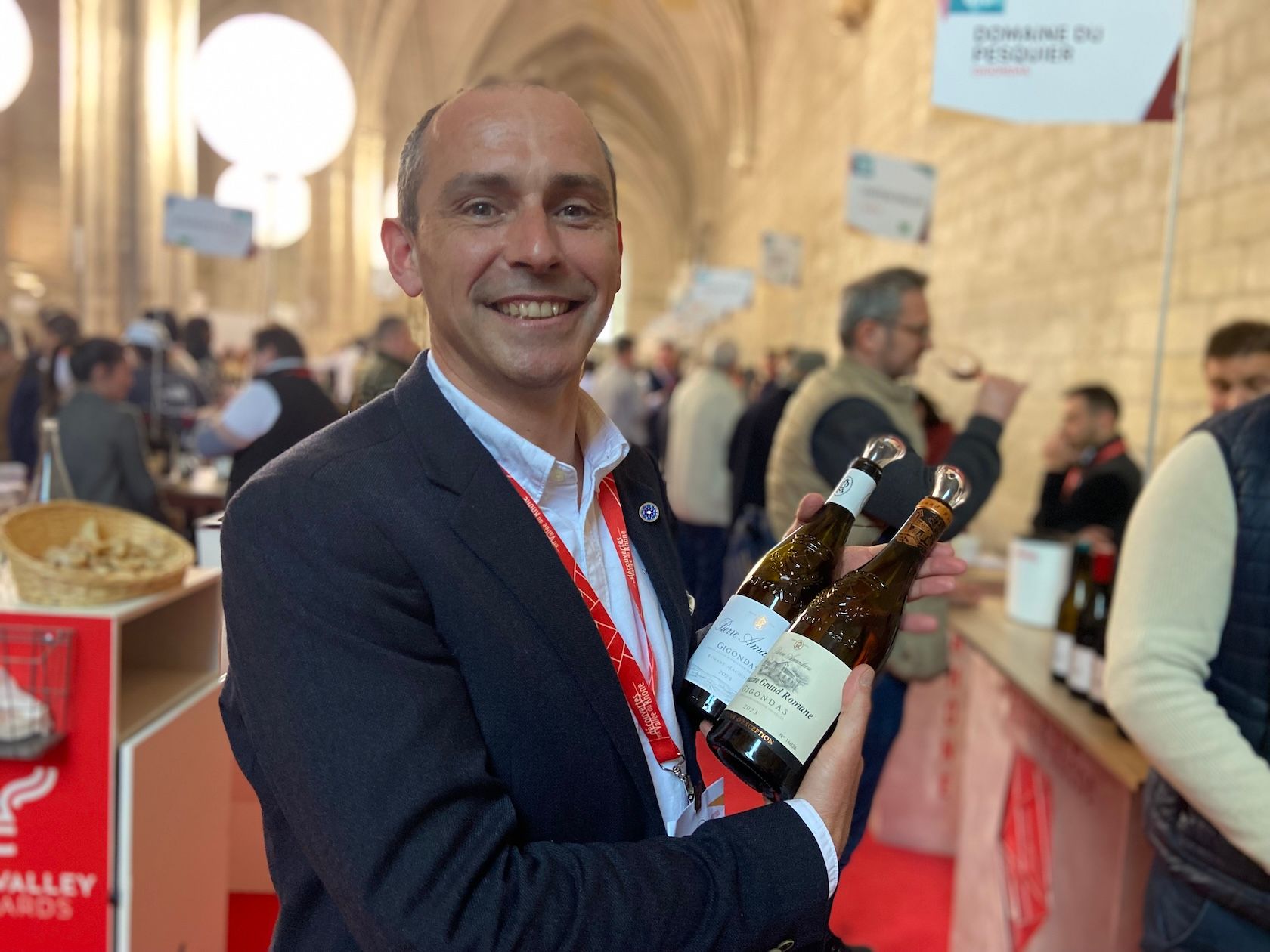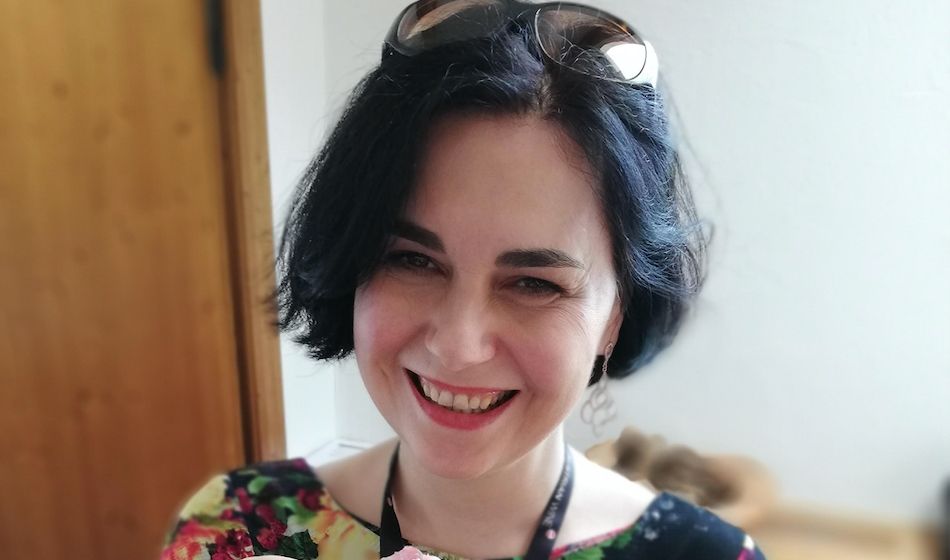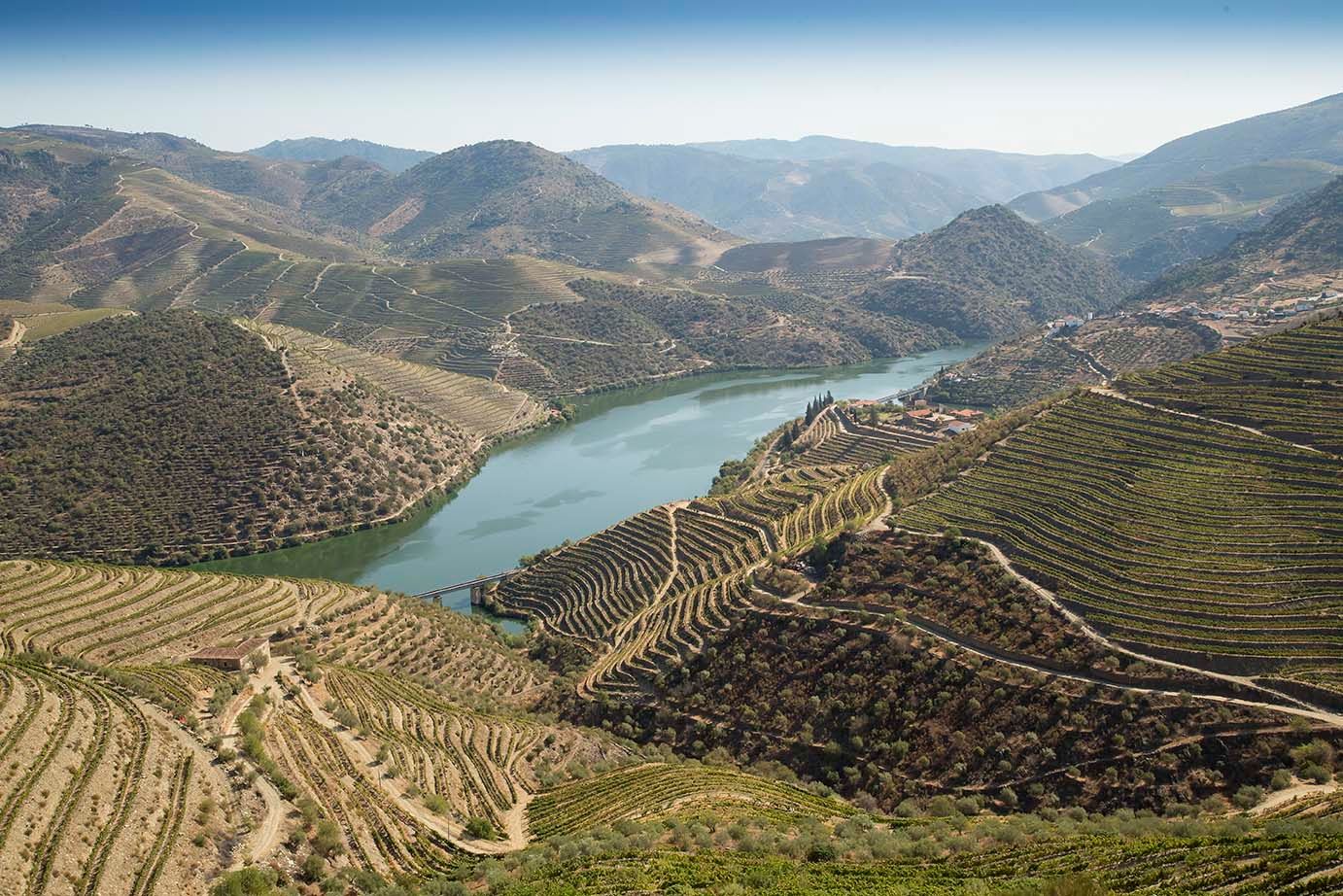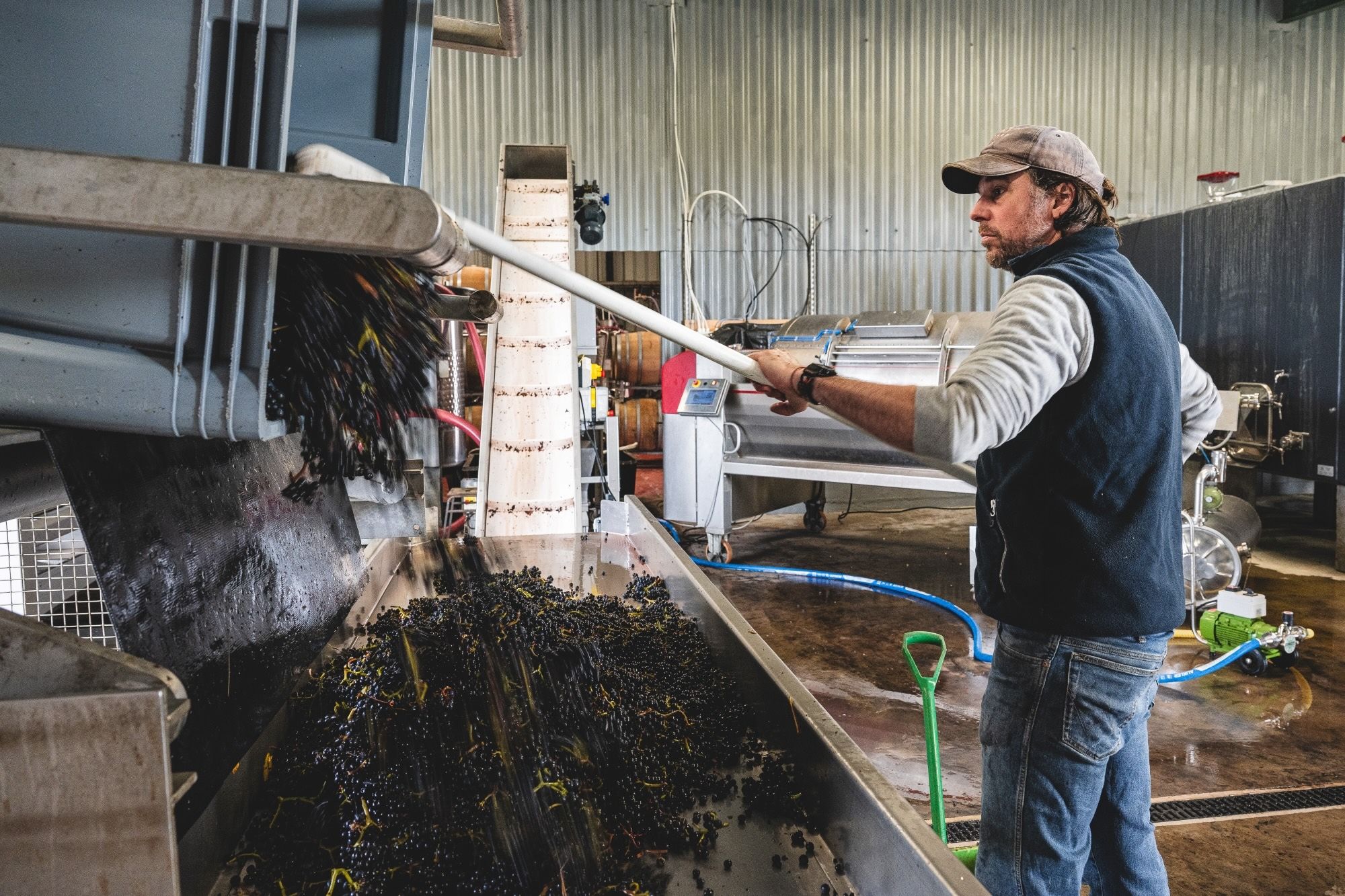Wine Future 2021 brought close to 100 speakers and over 1,000 members of the international wine industry for four days of online talks, presentations and panel debates. Here’s part two of our analysis. Part one is here.
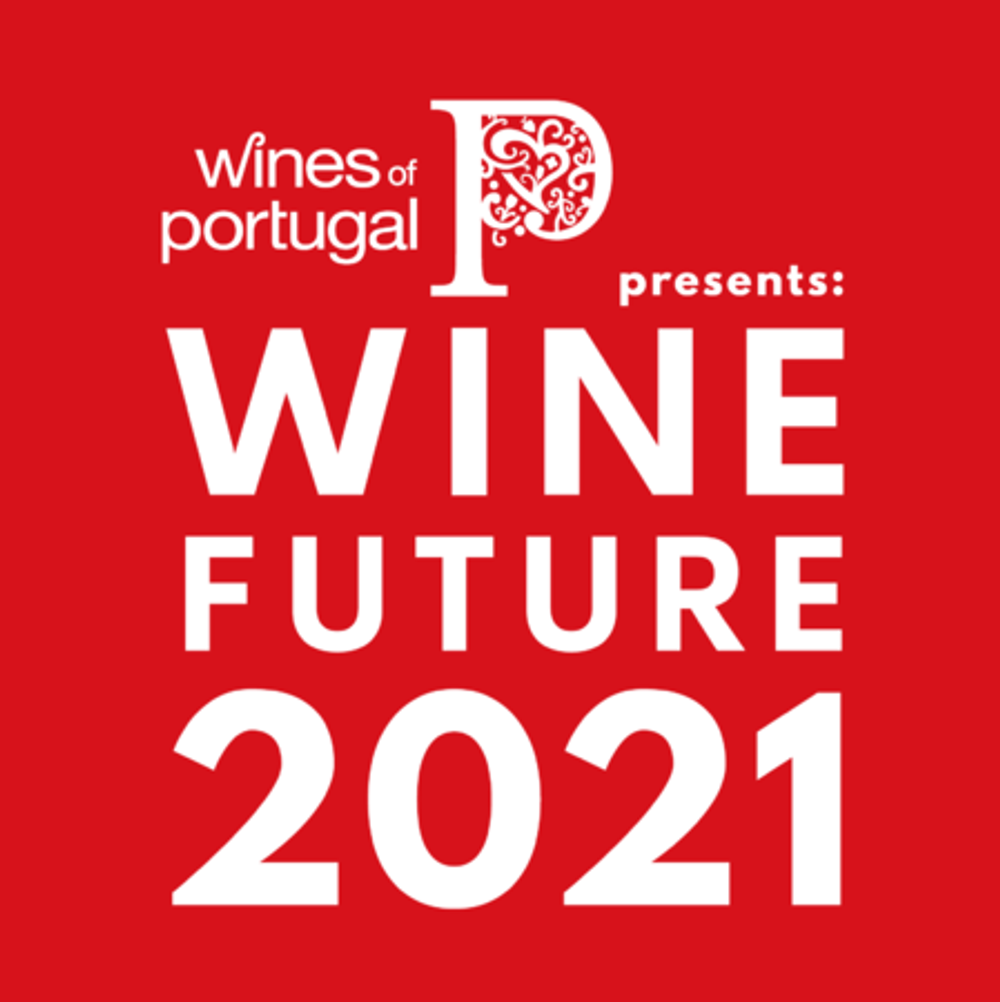
The fact Wine Future was able to bring far more people together online than it could ever have hoped to have achieved in person, shows just what impact Covid-19 and the global lockdowns have had on how we now do business and expect to do so in the future.
Business leader after business leader queued up over the four days of Wine Future to repeat the line that we are not going back to the way things were. Which for an industry that has been crying out for structural change for years was very exciting to hear.
Just what those long term changes will be in terms of how wine is made, bought and sold will take some time to become clear, but what we can say with some certainty is how and where we work has changed for ever. Flexible working from home has already become the norm and it will be a brave, and arguably fool hardy company that expects all its employees to go back to pre covid ways.
The power and effectiveness of video conferencing platforms have transformed how we all now communicate – the Wine Future conference itself featured a number of sessions where the panelists were each in different time zones around the world.
Tastings and masterclasses, the bread and butter of the global wine industry, are now much more cost effective being held online as they can be watched by so many more people, said Eduardo Chadwick, president of Vina Errazuriz Wines in Chile.
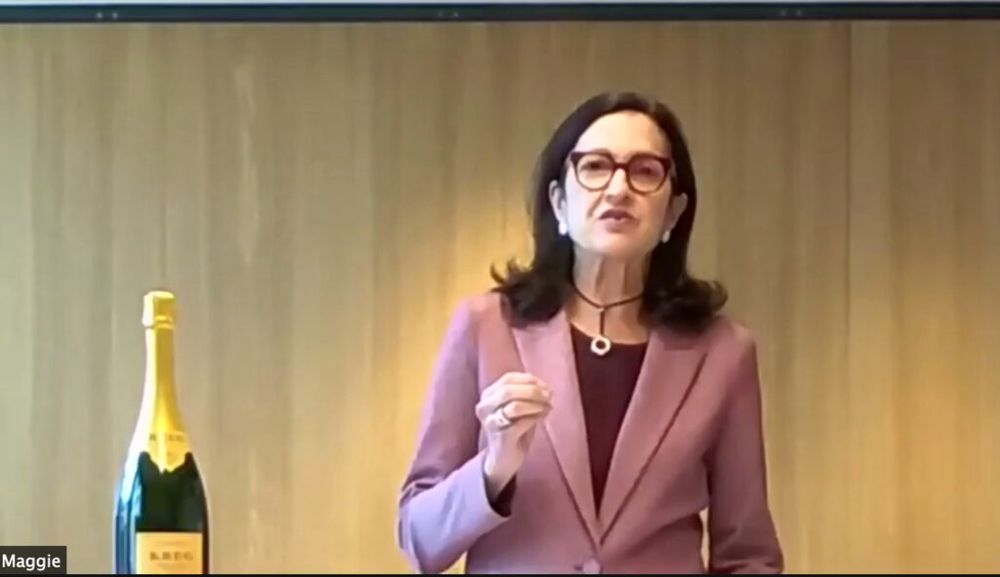
Krug’s Margareth Henriquez told Wine Future that covid will have a long term impact in the way major brands now communicate with their customers
They also work particularly well in terms of attracting new consumers, added Margareth Henriquez, president and chief executive of Champagne Krug, as they cut down formal barriers and make people feel far more relaxed tasting and drinking wine in the comfort of their own homes rather than being in a potentially intimidating tasting.
Ripping up traditions
The covid crisis has certainly opened Chadwick’s eyes to a new way of working, that rips up the traditional way for a wine producer, like himself, to be travelling the world talking and promoting his wines one dinner and tasting at a time.
“This has validated media conferencing as a business model and it is here to stay. It is now so much easier to get in touch with so many more people. We can go to different countries in a single day and people like it.”
Chadwick believes international players like Errazuriz will have to be far more “strategic” in how and when they have face to face meetings and events. “We need to innovate and decide what are the most important things we should be doing. But the last year has allowed us to get nearer to our customers in many ways to the benefit of the business.”
So much so that it has seen greater sales and distribution for its iconic Sena wine than in previous years. “We have good growth internationally which has balanced the difficulties we were having with the traditional agency businesses,” he explained.
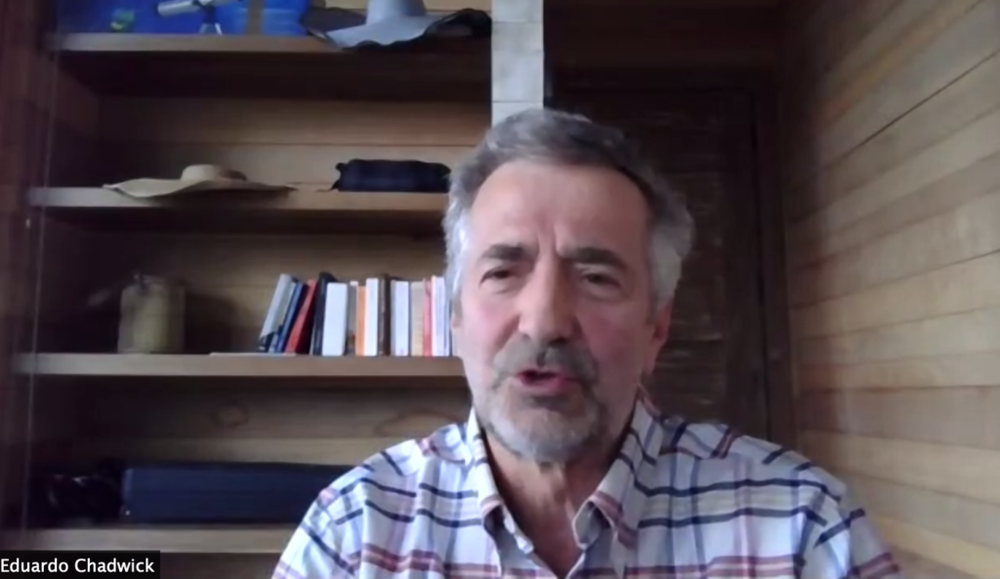
Eduardo Chadwick says he has found online tastings to be hugely effective and are here to stay
The global lockdown has also forced Errazuriz to look at the “core pillars” of its business and work better to understand its consumers so that it can be more meaningful in how it engages with them.
Adam Bilbey, senior director at Sotheby’s Wine Asia and Europe, says that whilst we will still want to have physical meetings and events, we are going to expect them to be “far more filtered…meaningful and impactful” when we do meet in person.
Rachel Newman, vice president of marketing at Fetzer Vineyards in California, said the new working practices has also changed the way it recruits people –having taken on a new brand ambassador who is not based in Napa Valley. Something they would never have done before covid. “It has opened the doors to what is now possible,” she said.
David Pearson, managing director of Meadowood Estate in Napa Valley, said it is now incumbent on business leaders to “instil a culture of adaptability and change” in their companies. “We have to respond and innovate at all times and not just in a crisis,” he said as it is likely to be too late by then. “We have to care more about our customers’ world than ours.”
On-trade’s return
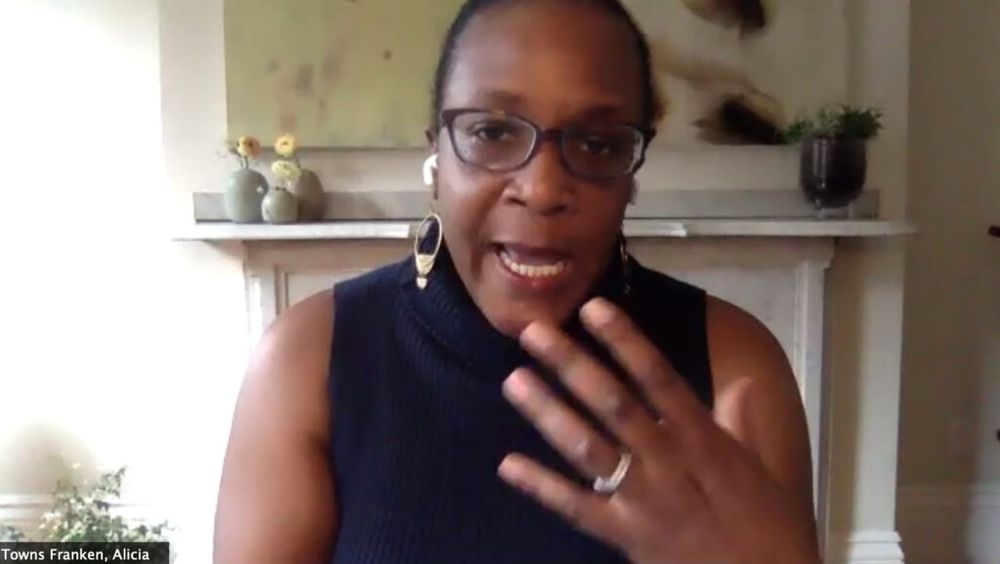
Restaurant consultant, Alicia Towns Franken, said hospitality has such an important role to play in helping people get back to normal
Whilst Pearson was confident the on-trade would recover, the worry for wineries like itself is that the hospitality sector does not become dominated by the well financed large corporates and chains and leaves a vacuum where smaller, family owned independent outlets are not there to list the interesting, edgy wines that so much of the industry relies on.
Alicia Towns Franken, restaurant consultant and a board member of Wine Unify, the new platform providing support and education for people of colour in the industry, said she was confident hospitality still has a strong future because people “want to be taken care of” – even more so after the year we have just had.
Robert Joseph, wine commentator and wine producer, said we should not get too ahead of ourselves as 2021 is still likely to be an anxious and uncertain year and that the on-trade may not fully recover until well into 2022.
Eugeni Brotóns, global marketing director for González Byass, agreed warning the on-trade needs to realise that for many lockdown has created a “sanctuary” at home and they will need some persuading to leave it, on a regular basis.
“People have become used to being bunkered down at home. Lockdown means our homes have become like a headquarters from which we can run our lives.”
Yes, there will no doubt be an initial huge surge in people wanting to go out and party and meet friends and family, but we must not get too carried away as people will also want to go back to their “sanctuaries” and entertain themselves, and others, there too, he said.
That’s where many panellists saw the on-trade going in the long term, becoming hybrid businesses that have astrong take home, meal kit part of the operation as they do welcoming guests to their restaurant.
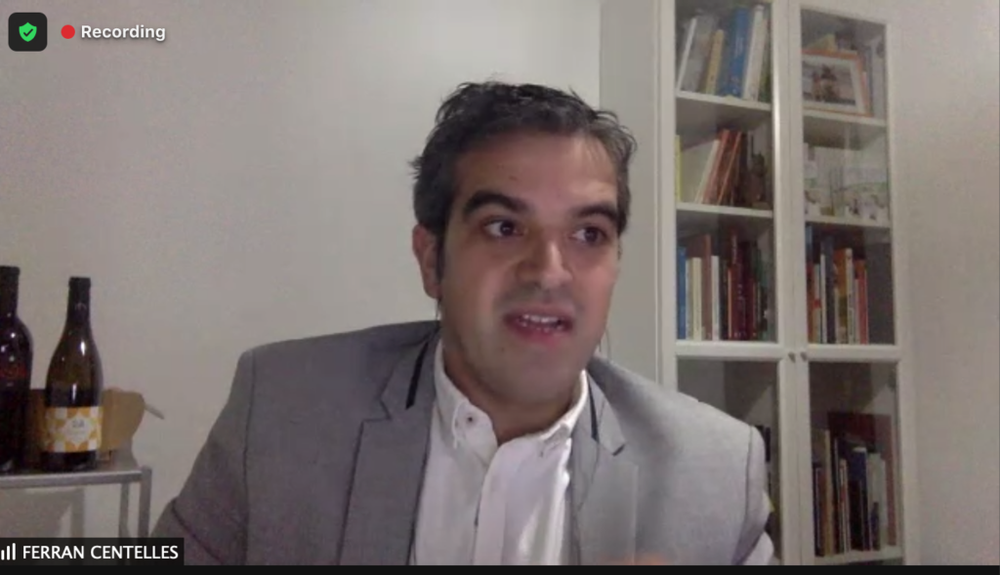
Ferran Centelles says health, safety and experience are going to be key to on-trade’s return
Ferrán Centelles, drinks manager, for the El Bulli Foundation says that demand for experiential experiences has only intensified in the last year, but restaurants also have to remember they need to place just as much significance on their health and safety standards in order to convince enough people to go out in the first place. Not everyone may be as confident about going out as you are in re-opening your on-trade outlet. Creating a unique experience that makes them feel safe and secure when they go is also a great new opportunity, he explained.
Joseph also said 2020 had rubber stamped the need for wine businesses to have a much broader portfolio of business and not be over reliant on any one sector.
Chadwick agreed all operators need to look again at their “balance of distribution”. “It’s a big lesson we have learnt this year.”
It’s all about the climate
Whilst some of the big themes of the conference – climate change and the environment – were well rehearsed and known, what Wine Future did is bring multiple sources together to share their experiences and knowhow.
It’s an area that Pancho Campo deserves particular respect and credit for, having been arguably the only international figure who has been willing to consistently try and put climate change at the top of the wine industry’s agenda (long before it was willing to do so) with his breakthrough climate change events he held in the late 2000s, and the two recent Porto Protocol conferences.
Here again climate change was a theme that session after session returned to.
The problem, at least in the US, warned David Pearson was climate change has become politicised – like wearing a mask. But what can’t be denied is the huge new demand for natural, authentic and sustainable products.
Erin McCoy, wine writer for Bloomberg, accused the industry of “doing a poor job in talking about climate change” and failing to really make the case and talk to consumers about the efforts it is making.
Pearson said it did not help when too much time was spent “fighting amongst ourselves” over the different health and sustainable claims of different styles of wine from natural to organic or bioydynamic.
Coming to an event near you…or not?
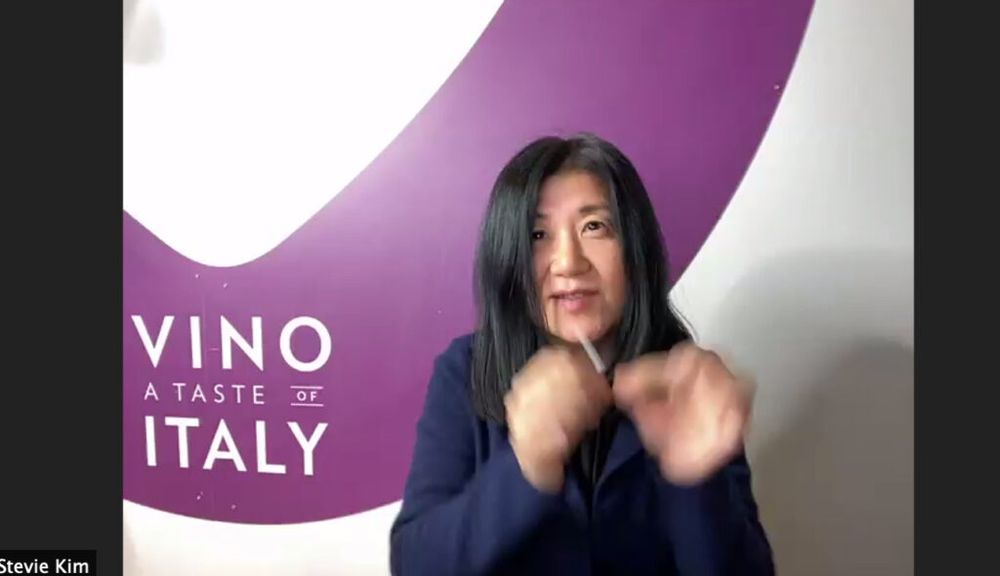
VinItaly’s Stevie Kim says the show is set to go ahead in June
So what about the future of events and exhibitions in a post covid world. How comfortable are we going to be going back to an event like ProWein that has thousands of people from all over the world all sharing spittoons and huddled up next to each other.
Wine Future was able to bring three of the exhibition powers together, which was an accomplishment in itself: Stevie Kim, managing director of VinItaly, Rodolphe Lameyse, chief executive of Vinexposium and Bastian Mingers, project director of ProWein.
Lameyse said in all the years he has worked in exhibitions and events he had “never imagined a situation where an event could be cancelled” – even with terrorist attacks shows have found a way to proceed. Whilst clearly it has had no choice to cancel its shows up to now, he was still confident that when producers and buyers can get together there will be no less demand to do so at trade fairs. In fact he confirmed Wine Paris was still currently planning on going ahead in June.
As is VinItaly, added Stevie Kim, with the two shows potentially working together on shared and agreed safety measures to ensure they can both proceed.
That said if Wine Paris does go ahead it “will be very different” to what we might expect from a trade fair and will have to be redrawn in order to comply with tough safety conditions. Hence the need to work together with VinItaly on joint covid solutions.
Kim says the pandemic has clearly forced show organisers to re-assess what they are doing and what value and purpose they have for their exhibitors and visitors. She was confident they would come out stronger as a result. Which is why it makes sense for there to be more collaboration between the major wine trade fairs – ProWein, Wine Paris and VinItaly.
“Dusseldorf, Paris and Verona are like their own eco systems. We need to see them not as being like a pie with three pieces, but about making more pies for everyone.”
Mingers agreed they can’t just be simple fair organisers any more, but look at how they can help and support the global wine trade 365 days a year. It’s why ProWein is investing so much in becoming an international resource through which anyone in wine can access key reports, vintage analysis and so on. “We need to understand our industry and be part of it,” he said.
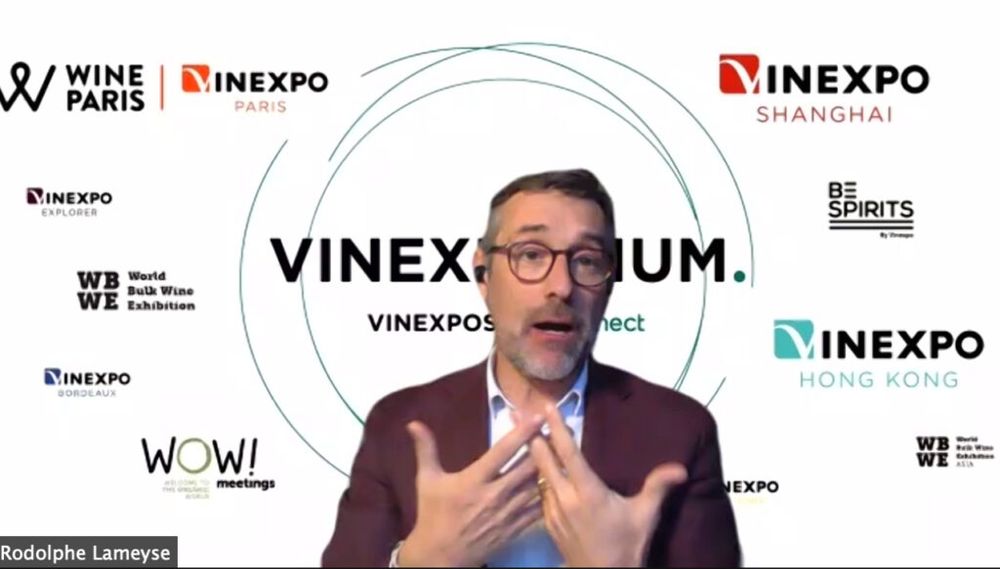
Vinexposium’s Rudolphe Lameyse says trade show organisers have had to re-invent themselves due to covid
Lameyse said covid has made it rethink its business model of being effectively a provider of square metres of exhibition space, to being a content and insights provider all year round too.
It’s why it is releasing a stream of content and debates through its Vinexposium platform – like the debate it is hosting on March 8 by Anne Burchett and three female winemakers to help mark International Women’s Day.
“But face to face events will not disappear,” stresses Lameyse, they will change in their scope and scale. He forsees, for example, country and region events becoming more important for people in those areas and that there will be a potential slowdown in large movements of international travel. That’s when digital platforms will have a role to play in still allowing that global audience to take part, but perhaps virtually and online.
“This has been a year for us to review our roadmap as a wine fair organiser and how we can get closer to our buyers and how we can help them in the future,” he adds.
- In Part 3 of our Wine Future analysis we will look at the diversity and inclusion debate and the key learnings everyone in the global wine industry needs to take on board.
- You can look for more on the conference at the full website here.
- For Richard Siddle’s first analysis report on Wine Future 2021 then click here.

